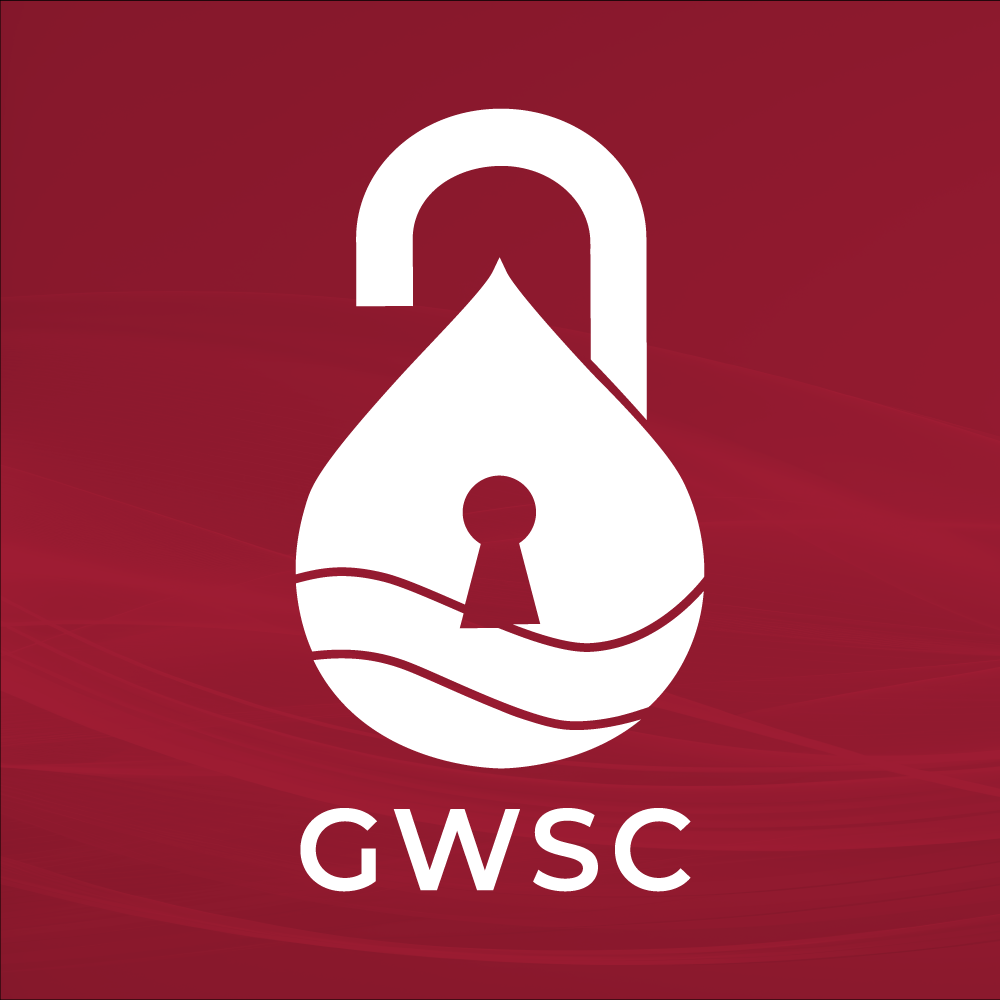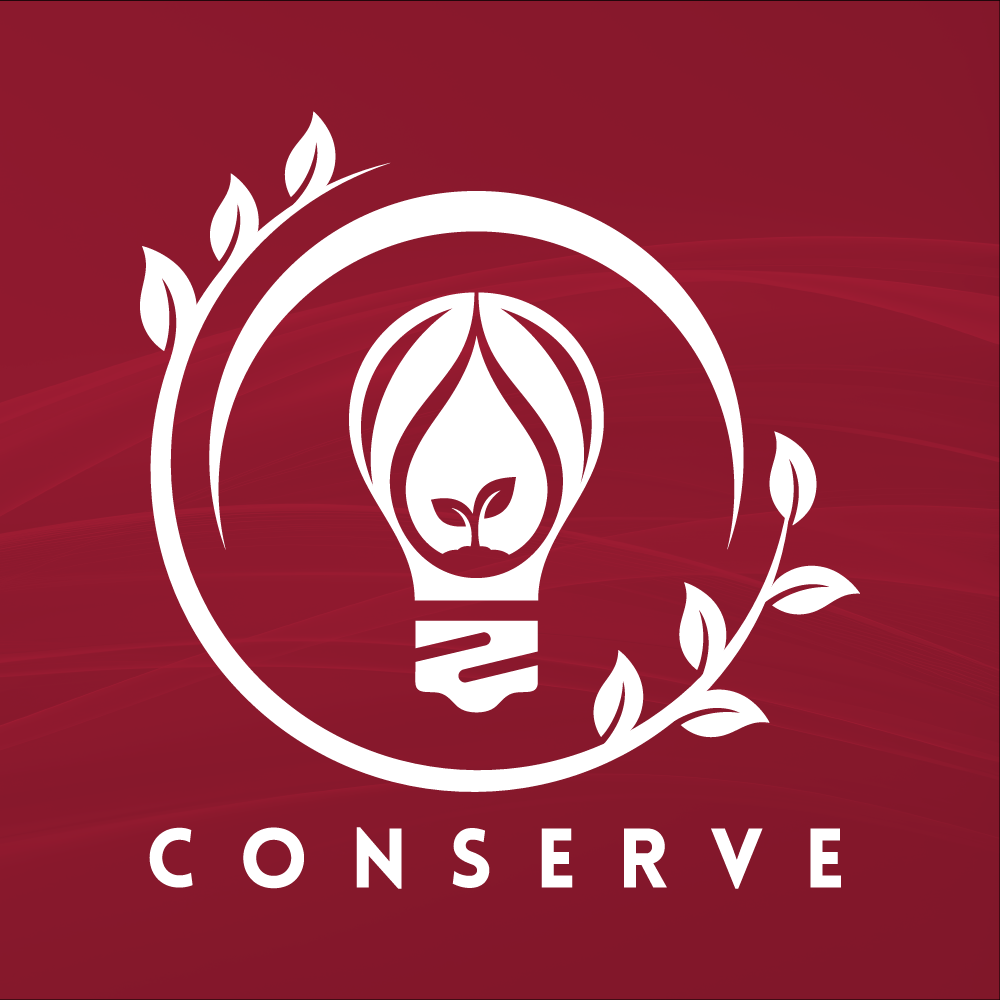At AWI, we unite interdisciplinary teams to tackle the most pressing water challenges — floods, droughts, water quality, competing demands, etc. Our work is organized through three flagship research entities:
Global Water Security Center
The Global Water Security Center is an applied research and operational center commissioned to respond to our nation’s need for water and environmental security insights. GWSC will inform national and international agencies as well as multi-national companies (MNCs), non-governmental organizations (NGOs), and others with global interests in water quality and quantity impacts on sectors such as diplomacy, transportation, and supply chain management.

Through ground-breaking research and analysis, operationalizing applied science, and developing and implementing best practices in risk communications, GWSC will create the most reliable water and environmental security-related information tools, and analysis. By communicating to key U.S. decision-makers in contextually appropriate ways, GWSC will aid U.S. water security interests and improve outcomes like water access, food security, economic opportunities, and health.
CIROH
The Cooperative Institute for Research to Operations in Hydrology (CIROH), a partnership between NOAA and The University of Alabama, is a national consortium committed to advancing water prediction — the forecasting of streamflow entering water systems, extreme events such as floods and droughts, and water quality — and building community resilience to water-related challenges.

CIROH scientists, from 28 different institutions — both academic and private, work to improve the understanding of hydrologic processes, operational hydrologic forecasting techniques and workflows, community water modeling, translation of forecasts to actionable products, and use of water predictions in decision making. Awarded to AWI in April 2022, this award consists of up to $360 million over 10 years, the largest external award in UA history.
CONSERVE
Community Oriented Nature-based Science for Ecosystem Restoration and Versatile Engineering (CONSERVE) aims to form a community-focused research team addressing complex water-related challenges through interdisciplinary collaboration with local communities, scaling and sharing suitable solutions. By integrating traditional knowledge, fostering equitable and collaborative approaches, and providing student opportunities, CONSERVE strives to build water-resilient and sustainable communities for the future.
